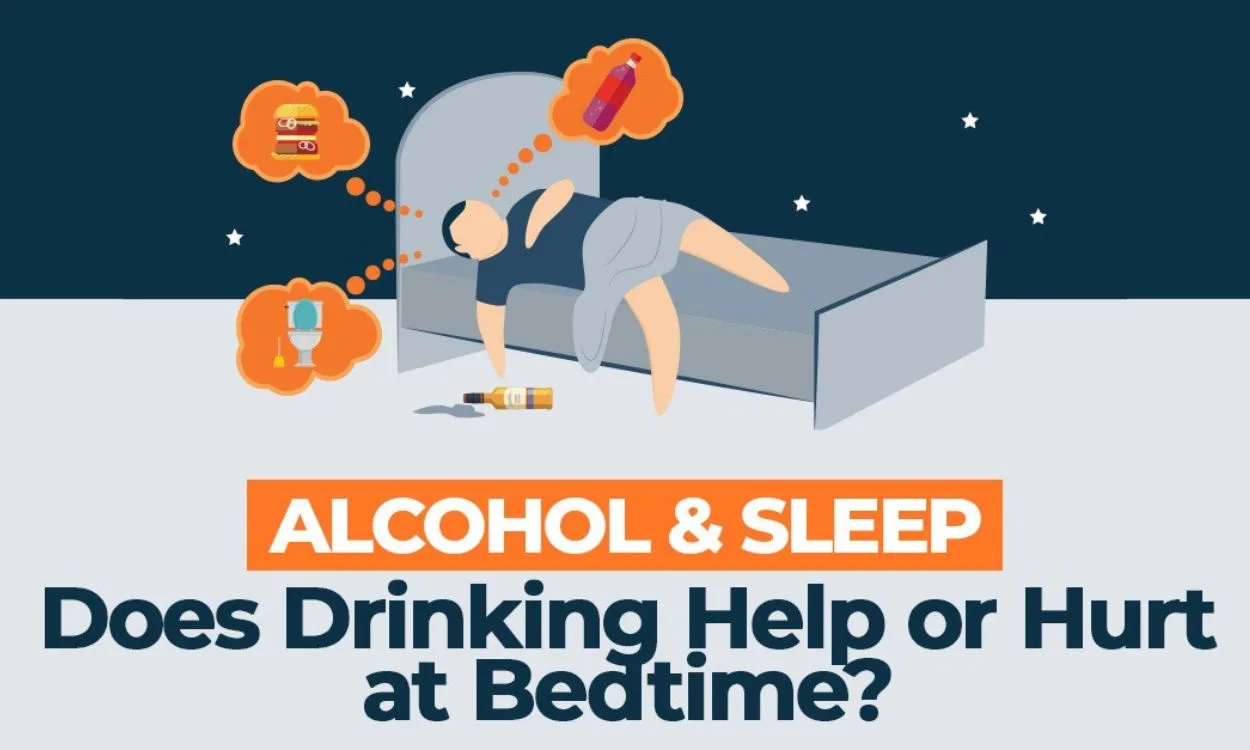How Does Alcohol Affect Sleep Patterns?
Alcohol is a widely consumed beverage that can have various effects on the body, including its impact on sleep patterns. While alcohol may initially make you feel drowsy or help you fall asleep faster, it can ultimately disrupt the quality and duration of your sleep. In this article, we will explore the relationship between alcohol and sleep, its effects on different sleep stages, and how it can impact your overall sleep patterns.
The Effects of Alcohol on Sleep
- Delayed Sleep Onset: Alcohol can initially make you feel drowsy and help you fall asleep faster. However, it can also delay the onset of deep sleep and rapid eye movement (REM) sleep, which are crucial for restorative and restful sleep.
- Disrupted Sleep Architecture: As alcohol is metabolized by the body, it can disrupt the natural sleep cycles and alter the sleep architecture. This means that the normal progression from lighter to deeper stages of sleep can be disrupted, leading to fragmented and less restful sleep.
- Increased Sleep Fragmentation: Alcohol can also lead to increased sleep fragmentation, causing more awakenings throughout the night. This can result in a less restorative sleep and a feeling of tiredness even after a full night’s sleep.
- Decreased REM Sleep: REM sleep is essential for cognitive function, memory consolidation, and emotional regulation. Alcohol consumption can suppress REM sleep, leading to a decrease in the overall quality of sleep and impairments in these important cognitive processes.
- Sleep-Disordered Breathing: Alcohol can relax the muscles in the throat, increasing the likelihood of sleep-disordered breathing conditions such as snoring and sleep apnea. These disruptions can further impair the quality of sleep and lead to daytime sleepiness and fatigue.
How Alcohol Affects Different Sleep Stages
- Stage 1: Alcohol can shorten the duration of stage 1 sleep, which is the transitional stage between wakefulness and sleep. This can result in a feeling of not being fully asleep and lead to increased wakefulness throughout the night.
- Stage 2: While alcohol can initially increase the amount of stage 2 sleep, it can also disrupt the continuity of this stage, causing more frequent awakenings and shallower sleep.
- Deep Sleep (Stages 3 and 4): Alcohol consumption can significantly decrease the amount of deep sleep, which is the most restorative stage of sleep. This can impact the body’s ability to repair and rejuvenate, leading to feelings of fatigue and decreased cognitive functioning.
- REM Sleep: REM sleep is vital for memory consolidation, emotional regulation, and overall cognitive function. Alcohol can suppress REM sleep, leading to impaired cognitive performance, mood disturbances, and difficulty regulating emotions.
The Importance of Quality Sleep
Getting quality sleep is essential for overall health and well-being. It plays a crucial role in maintaining physical health, supporting cognitive function, regulating mood, and promoting optimal performance throughout the day. Disrupted sleep patterns caused by alcohol can have a significant impact on these areas, affecting your overall quality of life.
Introducing Fitpaa: Your Personalized Health and Fitness Solution
Fitpaa, a comprehensive health and fitness platform, can help you achieve your wellness goals and improve your sleep patterns. With a team of expert fitness coaches, nutritionists, and doctors, Fitpaa offers personalized fitness plans and guidance that are tailored to your specific needs. Download the Fitpaa app today and experience the joy of a healthier and more fulfilling life.









